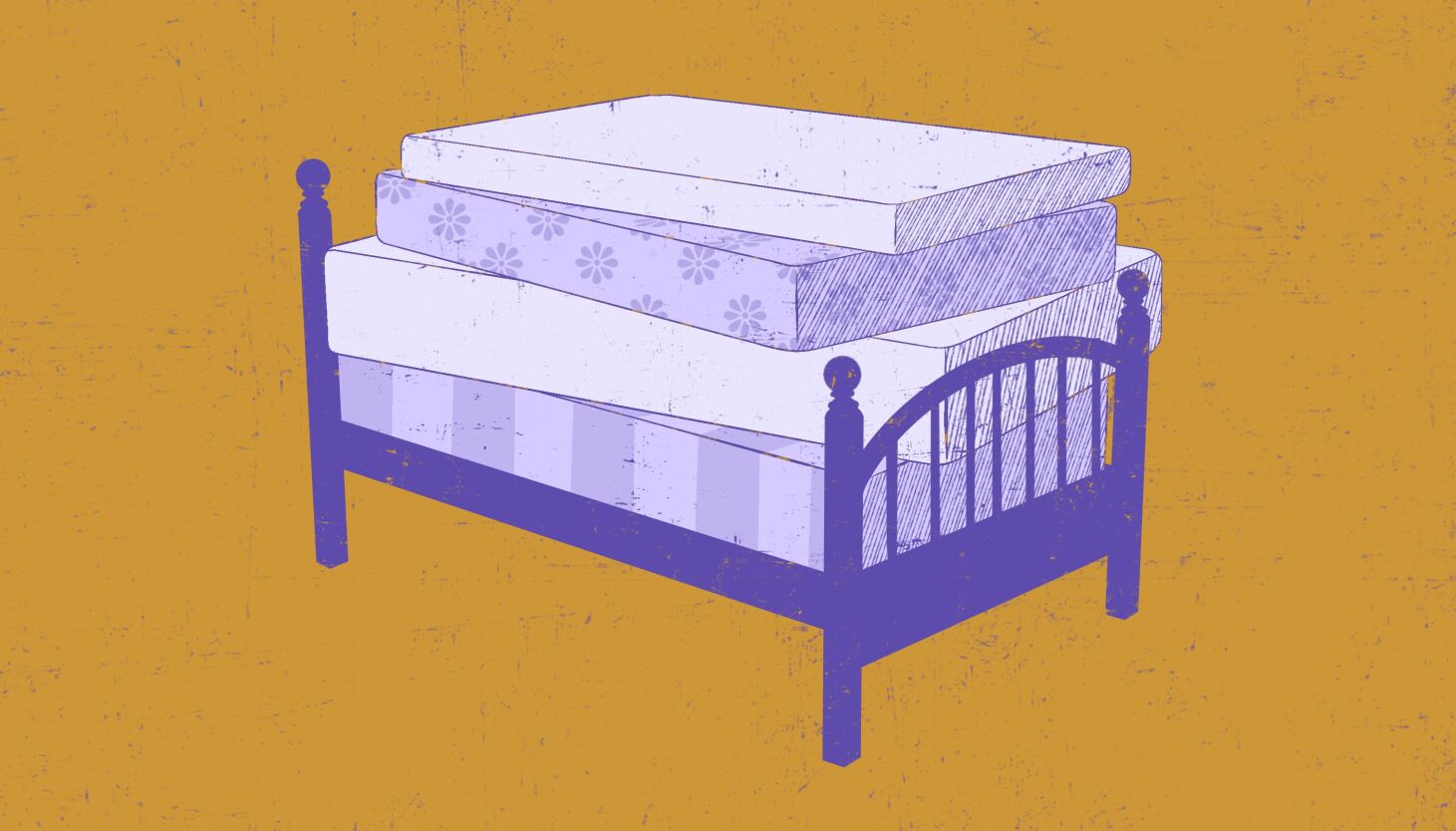We enforce a strict household rule against permitting sleepovers, a decision that has sparked considerable debate both within our family and among other parents, as evidenced by the numerous responses to a recent Instagram reel I shared on the topic. While this rule has left my six children feeling like they are missing out compared to their peers, we stand by our choice, emphasizing the rationale behind it whenever possible.
Our stance is rooted in sobering statistics: 91% of abusers are individuals known and trusted by children, with those between the ages of 7 and 13, including four of my kids, being particularly vulnerable. Shockingly, 50% of childhood sexual abuse is committed by other children, highlighting the prevalence of kid-on-kid abuse. Moreover, a significant portion of abuse occurs within the familial and sibling contexts. The responses to my reel flooded my direct messages with poignant accounts of abuse experienced during sleepovers, underscoring the harsh reality that such incidents can occur even in seemingly safe environments.
Contrary to common assumptions, the familiarity of the setting or the presence of trusted adults does not guarantee safety during sleepovers. It is essential to scrutinize the circumstances and ask probing questions:
- How well-acquainted am I with the hosting family?
- What level of adult supervision is in place, and who else will be in attendance?
- What are the sleeping arrangements?
- Is there a plan to discuss safety measures with teenagers before overnight events?
While respecting individual parenting choices, I advocate for open dialogues with children on sensitive topics like recognizing signs of abuse, understanding boundaries, and the importance of speaking up if they feel unsafe. By fostering a culture of communication and dispelling secrecy around such issues, we empower our children to seek help and support when needed.
Regrettably, not all children have the privilege of such conversations at home, considering that a staggering 55% of abuse occurs within households. This underscores the critical need for age-appropriate sexual abuse prevention education in schools, a cause championed by The Safe Child Project. By advocating for legislation to introduce prevention curriculum in grades K-6, we aim to reduce the alarming statistics of child abuse in Utah and mitigate its devastating societal and economic impacts.
While we cannot completely eradicate risks, we must strike a balance between safeguarding our children and nurturing their independence. This equilibrium demands tough decisions, proactive prevention measures, and equitable access to abuse prevention education for all children.
Kristin Andrus leverages her extensive social media reach to advocate for education, service, and collective action among her substantial online following across Instagram and YouTube.
The Policy Project

